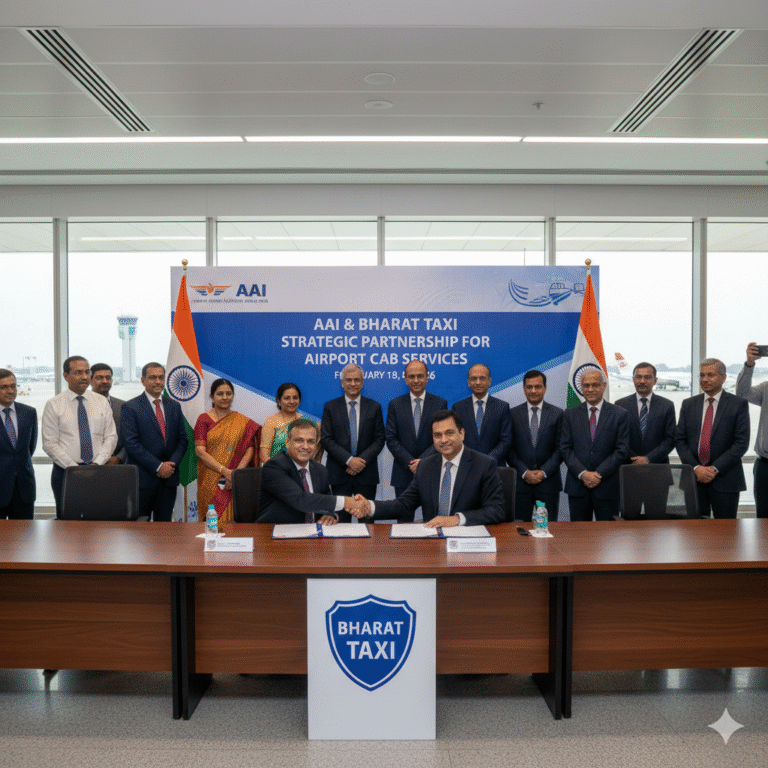
New Delhi. NPCI International Payments Limited (NIPL), the global arm of the National Payments Corporation of India (NPCI), has announced a crucial partnership with BENEFIT, Bahrain’s leading fintech and electronic financial transactions company. This landmark collaboration establishes a secure, real-time cross-border remittance corridor between India and Bahrain.
Strategic Linkage of UPI and Fawri+
This strategic linkage directly connects India’s globally renowned Unified Payments Interface (UPI) with Bahrain’s Electronic Fund Transfer System (EFTS), specifically the popular Fawri+ service. A joint statement confirms that the agreement allows users in both countries to instantly and securely send and receive money. This way, it vastly simplifies the complex process of international transfers.
The partnership operates under the direct guidance of the Reserve Bank of India (RBI) and the Central Bank of Bahrain (CBB). It represents a key step in actively advancing cross-border payment connectivity between the two nations. The tie-up leverages the robust digital infrastructure each country has successfully built. Officials noted that the initiative perfectly aligns with the shared national vision to enhance digital financial inclusion. At the same time, the arrangement systematically modernises international transaction frameworks, moving away from legacy systems.
NPCI and BENEFIT: Enhancing Convenience
This initiative promises to deliver faster, significantly more efficient, and substantially more cost-effective remittances for residents of both nations. The linkage holds particular importance for the large Indian community residing in Bahrain, which currently constitutes nearly 30 per cent of the country’s total population.
By creating this strategic remittance corridor, NPCI International and BENEFIT directly address the high demand for reliable and affordable money transfer services. The two thus streamline a critical financial function for expatriates. The collaboration underscores the growing trend of integrating successful domestic digital public infrastructure, such as UPI, with international platforms to foster seamless global commerce and support diaspora communities. This successful integration sets a powerful precedent, demonstrating how high-frequency, low-cost payment systems can effectively bridge geographical distances, enhancing economic ties and convenience for millions.





